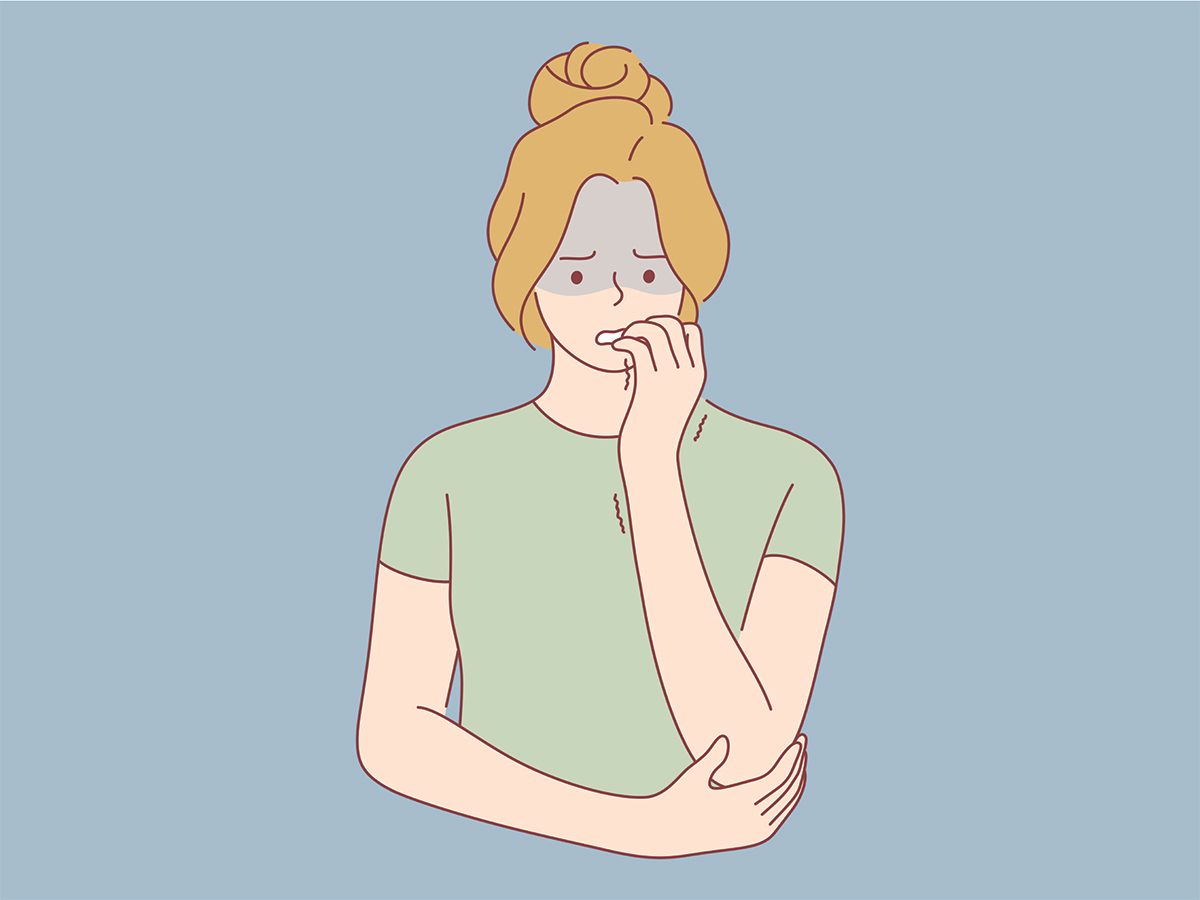Thinking to overthinking
Overthinking, also known as rumination, is the act of excessively thinking about something to the point that it becomes detrimental to one’s mental health. It is a common problem that can lead to negative outcomes such as anxiety, depression, and even physical health problem.
Overthinking often involves dwelling on negative thoughts or situations. It can be triggered by stress, anxiety, or other negative emotions related to individual or your partner. It can also be a coping mechanism for people who are trying to solve a problem or make a decision. However, overthinking can lead to an excessive focus on the problem or decision, which can lead to increased stress and negative emotions.

The negative effects of overthinking on mental health can be significant. Research has shown that rumination is associated with an increased risk of developing depression.
Causes of Overthinking: Stress, Anxiety, and Negative Emotions
There are several potential causes of overthinking, also known as rumination. One of the main causes is stress. Stress can lead to an increase in negative thinking and difficulty in coping with problems or decisions. This can result in an excessive focus on the problem or decision, leading to overthinking.
Anxiety is another cause of overthinking. Anxiety is characterized by excessive worry and fear, and people with anxiety may overthink as a way to try to cope with their worries.
Negative emotions can also contribute to overthinking. Emotions such as sadness, anger, and frustration can lead to an excessive focus on negative thoughts and problems, which can result in overthinking.
Coping Mechanisms and Overthinking
It is important to note that overthinking can also be a coping mechanism for some people. People may overthink as a way to try to solve problems or make decisions, but this can ultimately lead to increased stress and negative emotions.
Overthinking can have several negative consequences on a person’s mental and physical health. One consequence of overthinking is distorted thinking patterns. When a person excessively focuses on negative thoughts or problems, they may develop negative thinking patterns such as catastrophizing, which is when a person assumes the worst possible outcome will occur. This can lead to increased anxiety and negative emotions.

Overthinking can also lead to a decrease in cognitive flexibility, which is the ability to adapt and change one’s thoughts and actions in response to new information or situations. This can make it difficult for people who overthink to make decisions or solve problems effectively.
In addition to these negative mental health consequences, overthinking has also been linked to negative physical health outcomes. Research has shown that people who ruminate are at an increased risk of developing physical health problems such as cardiovascular disease and immune system disorders. The link between overthinking and physical health problems is thought to be due to the impact of stress and negative emotions on the body.
However, there are several strategies that can help to manage overthinking and reduce its negative effects to take care of mental health.
Overcoming overthinking.
One strategy for managing overthinking is to engage in activities that can help to distract from negative thoughts and promote relaxation. Examples of such activities include exercise, hobbies, and socializing. These activities can help to shift a person’s focus away from negative thoughts and provide a sense of enjoyment and accomplishment.
Practicing mindfulness is another effective strategy for managing overthinking. Mindfulness involves being present in the moment and paying attention to one’s thoughts and emotions without judgment. This can help to reduce the negative impact of overthinking by providing a sense of perspective and helping to identify and challenge negative thoughts.
Seeking therapy is another option for managing overthinking. Cognitive behavioral therapy (CBT) is a type of psychotherapy that can be effective in helping people to manage overthinking and negative thinking patterns. CBT involves identifying and challenging negative thoughts and behaviors, and can be effective in reducing the negative effects of overthinking.
Overthinking is a common problem that can have significant negative effects on a person’s mental and physical health. It can lead to distorted thinking patterns, decreased cognitive flexibility, and negative physical health outcomes.
Given the negative consequences of overthinking, it is important to address this issue in order to improve mental health and overall well-being. There are several strategies that can be effective in managing overthinking, including engaging in distracting activities, practicing mindfulness, and seeking therapy.
By addressing overthinking and implementing strategies to manage it, people can improve their mental health and overall well-being. It is important to seek help if overthinking is causing significant problems in one’s life and interfering with daily functioning. With the right tools and support, it is possible to reduce the negative impact of overthinking

























